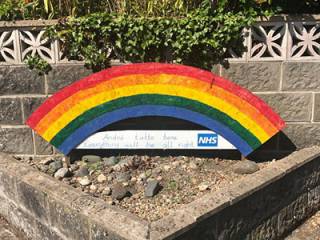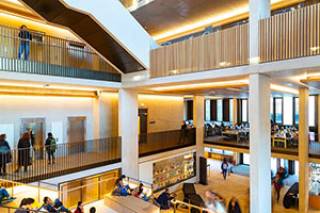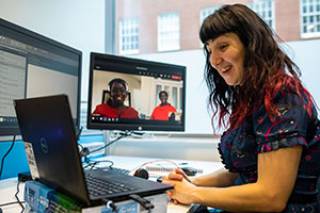UCL Institute of Archaeology staff have been contributing to Covid-19 research initiatives, collaborating with colleagues across UCL and beyond.
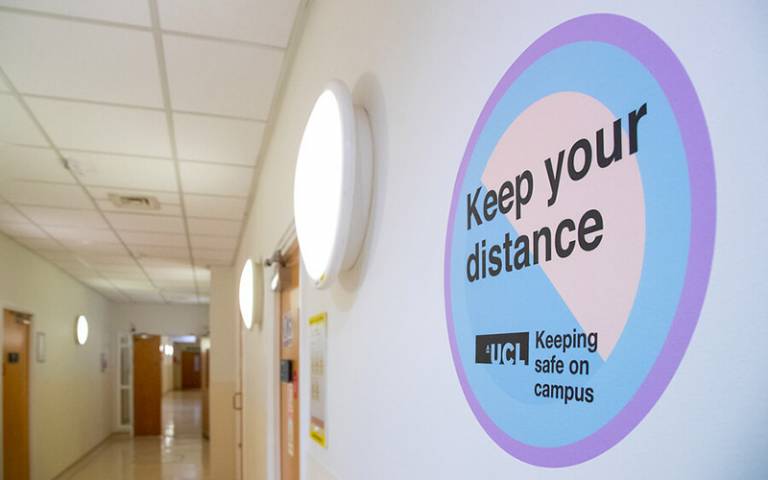
Archaeology as a discipline provides a strong historical angle on demography, pathology and zoonoses, especially as associated with the process of adoption of sedentary lifeways. These areas of research will increase in light of the current global pandemic and discussions are underway to bring our comparative perspective to bear on relevant research initiatives.
Heritage and Archaeology of Health and Medicine (HAHM)
Beverley Butler and Julia Shaw are working on a new Heritage and Archaeology of Health and Medicine (HAHM) initiative. HAHM will consolidate, integrate and profile previous, on-going, and current work in this area of medical and environmental humanities at the Institute. Covid-19 has brought agendas of health and medicine into sharp relief, and this is a key theme.
Julia is working broadly on the archaeology of medicine and health from an entwined human:environmental perspective, including a project that looks at human interactions with wild animals. Beverley is in the planning stages of exploring refugee responses to Covid-19 with various refugee groups in the middle east. She is also collaborating in research looking at experiences of extremis (including pandemic) and healing practices as operative across ancient and contemporary contexts vis-à-vis resilience, mourning, memorial.
Science museums and centres response to the COVID-19 pandemic
Theano Moussouri is involved in one study that aims to examine how science museums and science centres have responded to the coronavirus outbreak and COVID-19 pandemic, adapting their activities for online usage. The study is conducting case studies of how education departments have designed or adapted their online offerings to allow for hands-on STEM learning from a distance — and the design processes and features that have been most effective and valuable for them. Another element of the study will examine how teachers as well as families are using online museum resources in their teaching/learning.
The Viral Archive
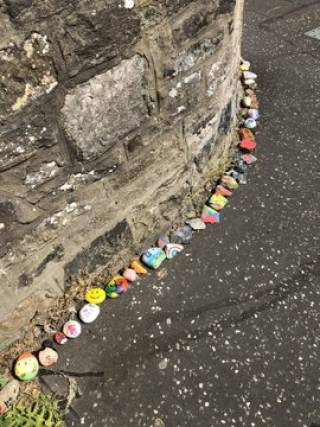
Matthew Pope is contributing to a collaborative project with the University of Warwick and University College Cork (Ireland) involving archaeologists and digital humanities staff called The Viral Archive.
The project is sending out a global invitation to members of the public to capture the visual record of the signs, marks, and graffiti that are keeping us safe, together, and uplifted during this pandemic while on their permitted walks. Participants are sending records of social distancing marks, modifications to shops and public spaces, tributes to key workers and new types of litter (gloves and face masks). The idea is to make a record for possible future archiving and study of the archaeology of the pandemic in communities.
Read more
Publications
Various Institute staff with strong quantitative analysis/coding skills are working on reviewing papers relevant to Covid19, providing updates on spatial and machine learning tools used for research and historical articles on pandemics. In some instances this is part of crowdsourcing efforts being undertaken to help advise the government on relevant scientific materials.
 Close
Close


